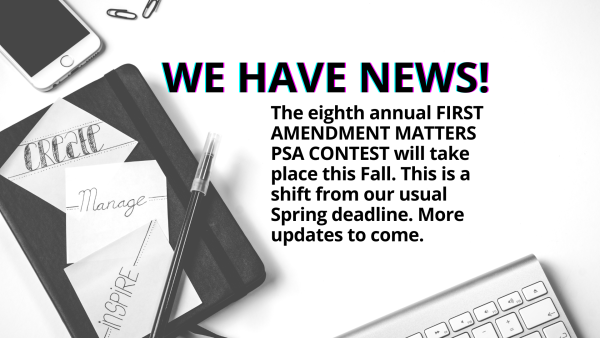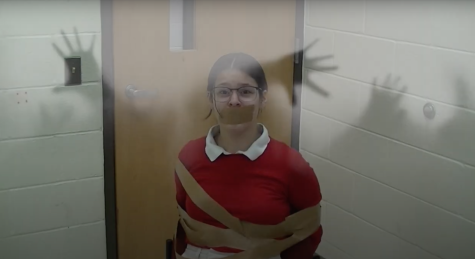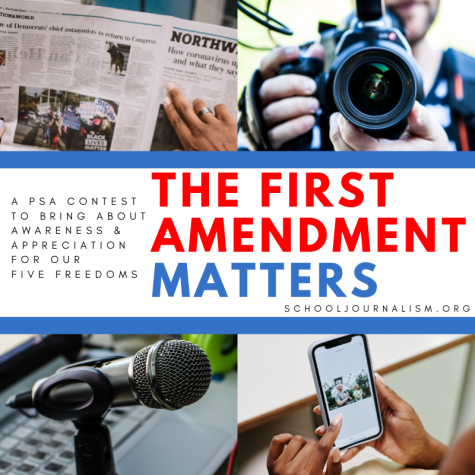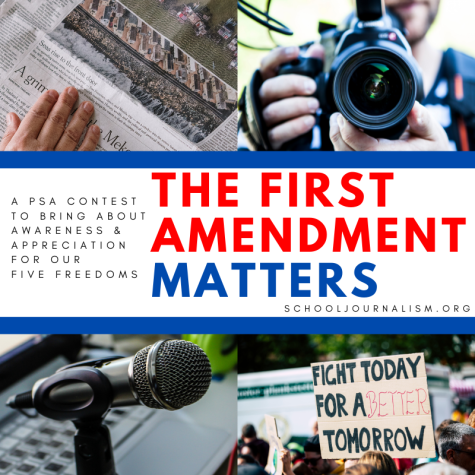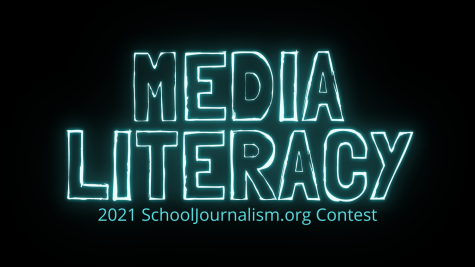Reader comments pose challenges for online media
School newspapers have traditionally served as forums for student expression by publishing letters to the editor, op-eds and columns, but the transition to an online platform has changed the way many school newspapers interact with their audiences.
Comment sections of online newspapers instantly give readers a voice. This increased access comes with difficulties, however, as seen recently in the professional media. News organizations continue to grapple with the challenge of fostering candid reader discussions while maintaining civility.
“Reader comments are still a subject of debate for student media, just like for their professional counterparts,” said Mark Goodman, professor and Knight Chair in Scholastic Journalism at the Center for Scholastic Journalism at Kent State University. “It seems to me that the weight of opinion is moving toward only posting comments that have been moderated – that have been read and approved by an editor – on the publication’s own website.”
The St. Louis Post-Dispatch, for example, turned off reader comments in its editorial section in December in response to deteriorating discussions regarding events in Ferguson, Missouri. But the newspaper still publishes letters to the editor on its website as it always has.
Before that, Reuters ended reader comments on its news stories. Reuters cited the shift of online discussions to social media, where conversations “are self-policed by participants to keep on the fringes those who would abuse the privilege of commenting.”
Goodman said media organizations are recognizing how quickly comments can go off track and scare off other readers instead of engaging them in a productive discussion.
“I would argue that reader input still should have a place in any news media website, including criticism of the job the news organization is doing,” Goodman said. “But I think it’s quite appropriate for those comments to be treated more like letters to the editor, which are selected for publication based on quality of content, style and taste, than a free-for-all bulletin board where anything goes.”
Although newspapers have an ethical obligation to maintain a healthy atmosphere for discussion, they are not legally liable for defamatory statements made on their websites by readers. The Communications Decency Act established that providers and users of interactive computer services, including online newspapers, are not to be treated as the publishers or speakers of any information provided by another information-content provider.
In contrast, some courts have decided that letters to the editor can carry liability for the publisher if they contain defamatory statements, which means that allowing online reader comments actually carries less legal risk.
The CDA also allows newspapers and other online content providers to filter objectionable content regardless of whether that content is constitutionally protected.
A student media staff deciding if or how they should allow reader comments on their website should keep a couple of practices in mind. First, don’t allow anonymous commenting. This can be achieved by requiring users to register through Facebook or some other system. Second, be sure to post the publication’s comments policy, including potential consequences for violations, so that all readers can easily see it.
As with all school publication decisions, student editors should consider their unique circumstances when establishing policy.
“I can say that my recommendation, if student journalists or advisers ask, is to encourage reader comments but to only post those that actually contribute to a meaningful discussion of some relevant issue,” Goodman said. “This requires editors to not be thin-skinned. They have to allow harsh criticism and include those whose ideas they disagree with. But I believe a media organization strengthens its brand as a place for thoughtful knowledge and debate by serving in the role of journalistic gatekeeper. Those commenters that don’t make the cut always have other venues for getting their views out.”
For more information on the legal aspects of online publishing, check out the Student Press Law Center’s Student Media Guide to Liability in Online Publishing.



